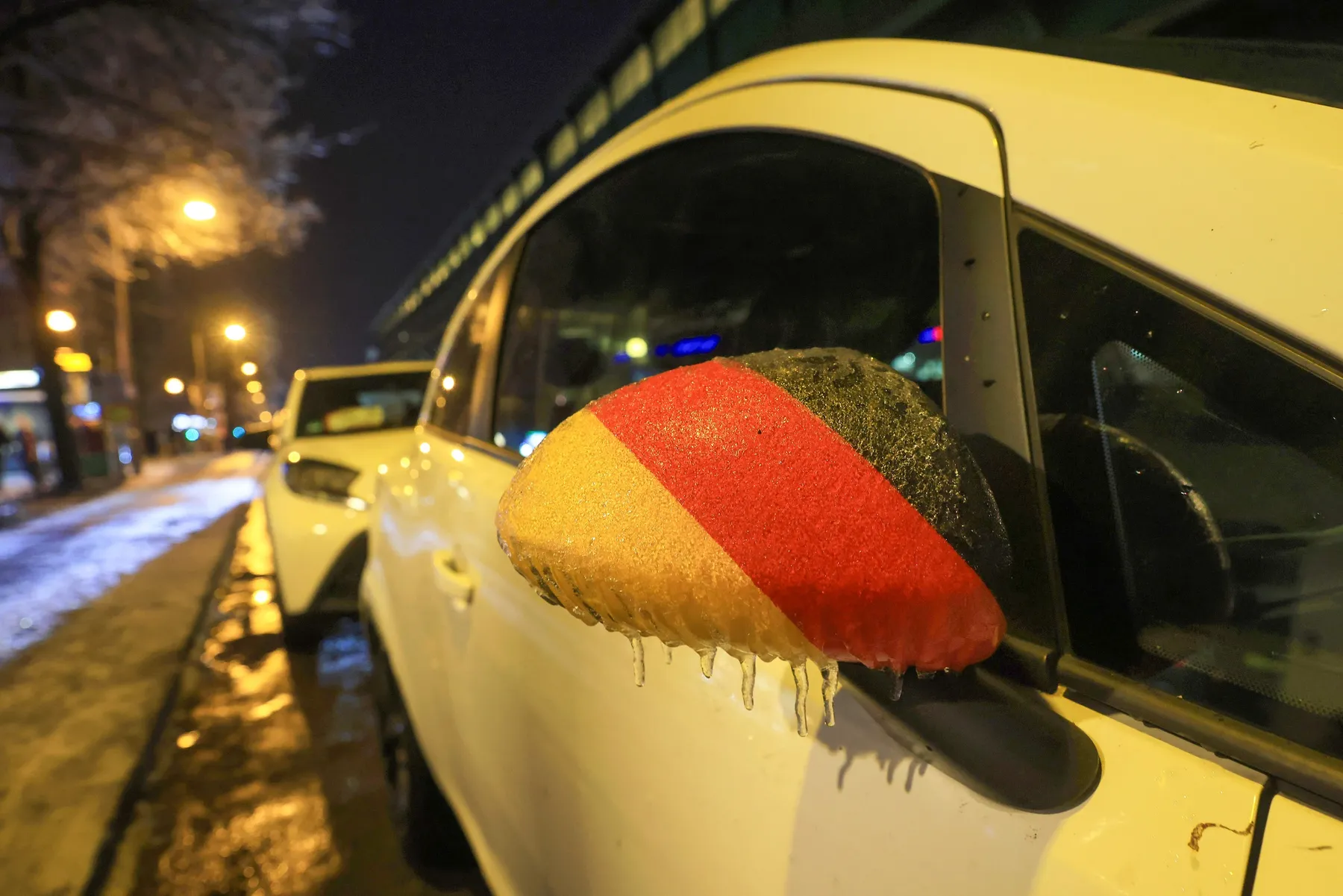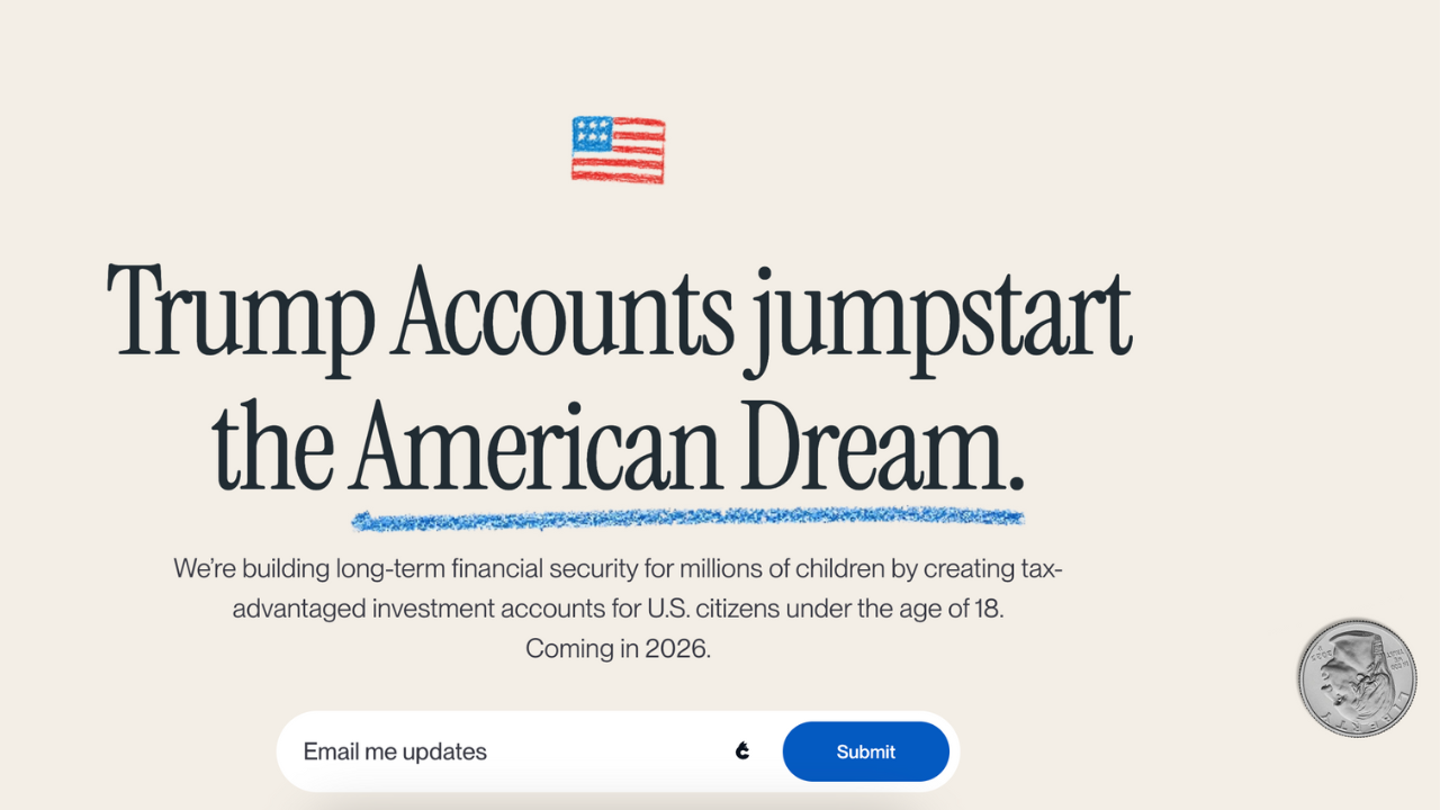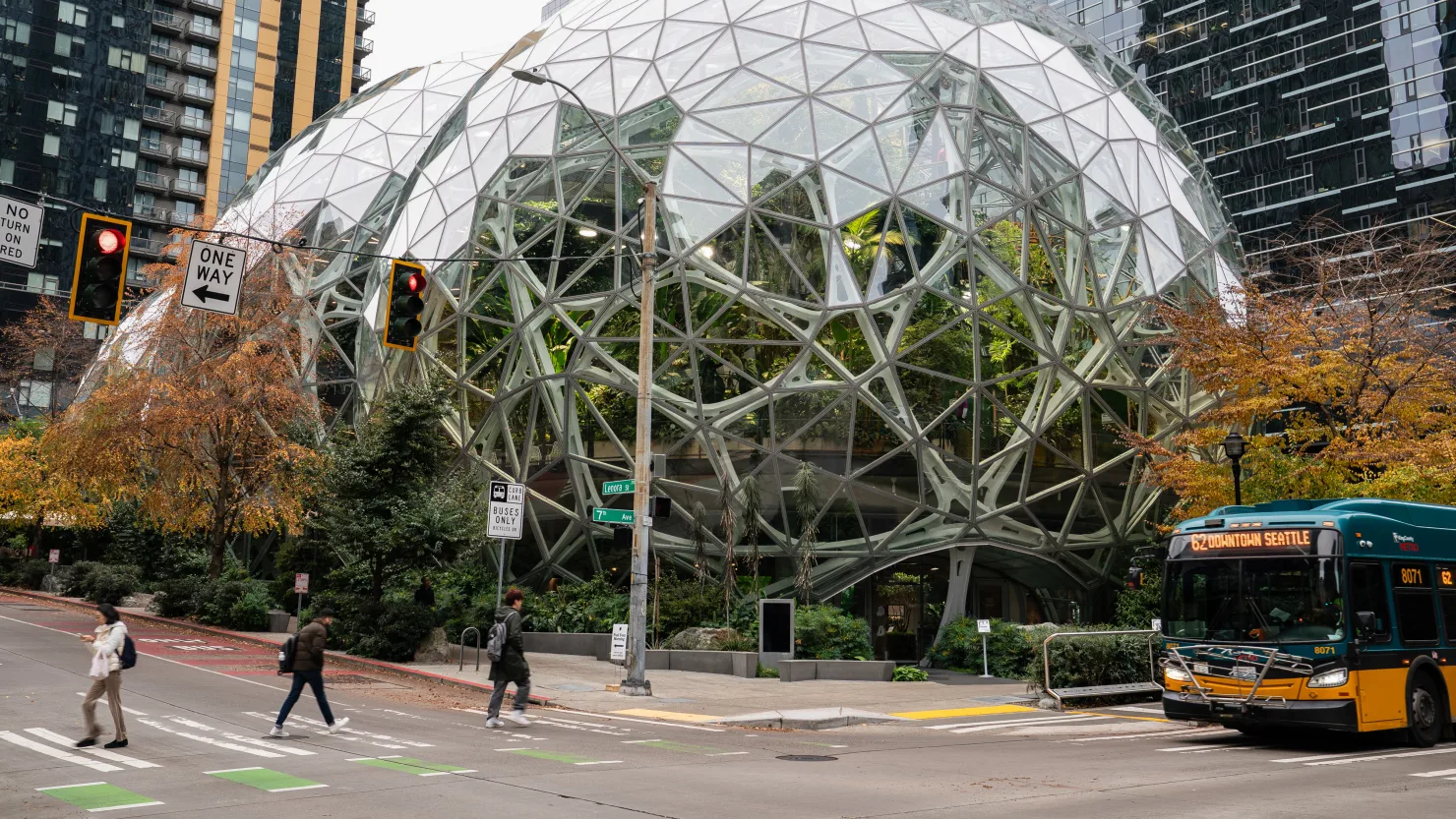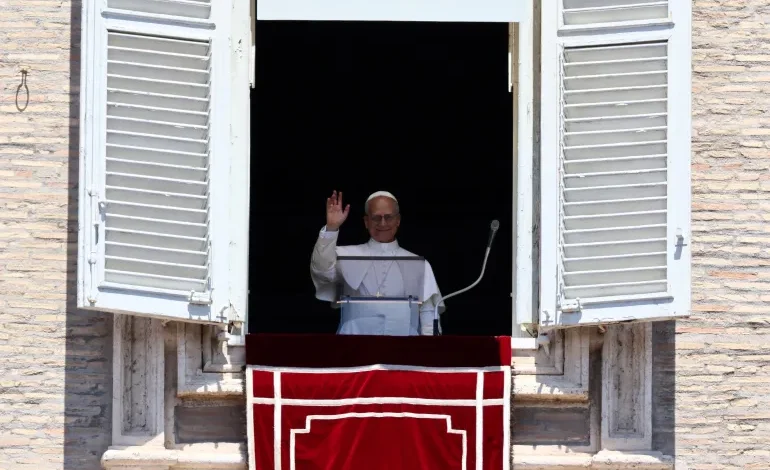In his first public remarks on China since becoming pontiff, newly elected Pope Leo XIV has called for prayers for Chinese Catholics, touching on one of the most geopolitically sensitive issues facing the Vatican, as per Al Jazeera.
Speaking to a crowd of 35,000 in St. Peter’s Square on Sunday during his weekly address from the Apostolic Palace, Pope Leo referenced the World Day of Prayer for the Church in China, observed annually on May 24. The feast was instituted by Pope Benedict XVI in 2007 as part of efforts to heal the divide between state-recognised and underground Catholic communities in China.
“In the churches and shrines of China and throughout the world, prayers were raised to God as a sign of concern and affection for Chinese Catholics and their communion with the universal Church,” Pope Leo said.
He asked that such prayers help all believers be “strong and joyful witnesses of the Gospel, even in the midst of trials,” and promote peace and harmony.
China is home to an estimated 12 million Catholics, divided between a state-sanctioned church that operates under Communist Party control and an underground church loyal to the Vatican. Decades of persecution and political tension have plagued efforts to unify the two communities.
In 2018, the Holy See signed a controversial deal with Beijing that granted the Chinese government a say in the appointment of Catholic bishops—a role traditionally reserved for the pope. While the Vatican emphasized that Pope Francis retained final veto power, critics accused the Holy See of compromising its moral authority and abandoning persecuted underground believers.
Although the agreement aimed to regularize the status of seven bishops previously appointed without Vatican approval and improve strained relations, the specifics of the deal remain secret. It has been renewed several times, despite reports of China unilaterally appointing bishops without Rome’s consent—most recently, in the days leading up to the conclave that elected Pope Leo.
The future of the Vatican’s relationship with Beijing now lies in Pope Leo XIV’s hands. He must decide whether to continue renewing the agreement amid ongoing concerns over religious freedom and the integrity of papal authority.
The Vatican has not had formal diplomatic relations with China since 1951, when ties were severed following the Communist Party’s rise to power. Efforts to rebuild trust have been hampered by Beijing’s insistence on sovereignty over religious affairs, including the right to appoint bishops—an issue the Vatican sees as central to apostolic succession.










The latest news in your social feeds
Subscribe to our social media platforms to stay tuned